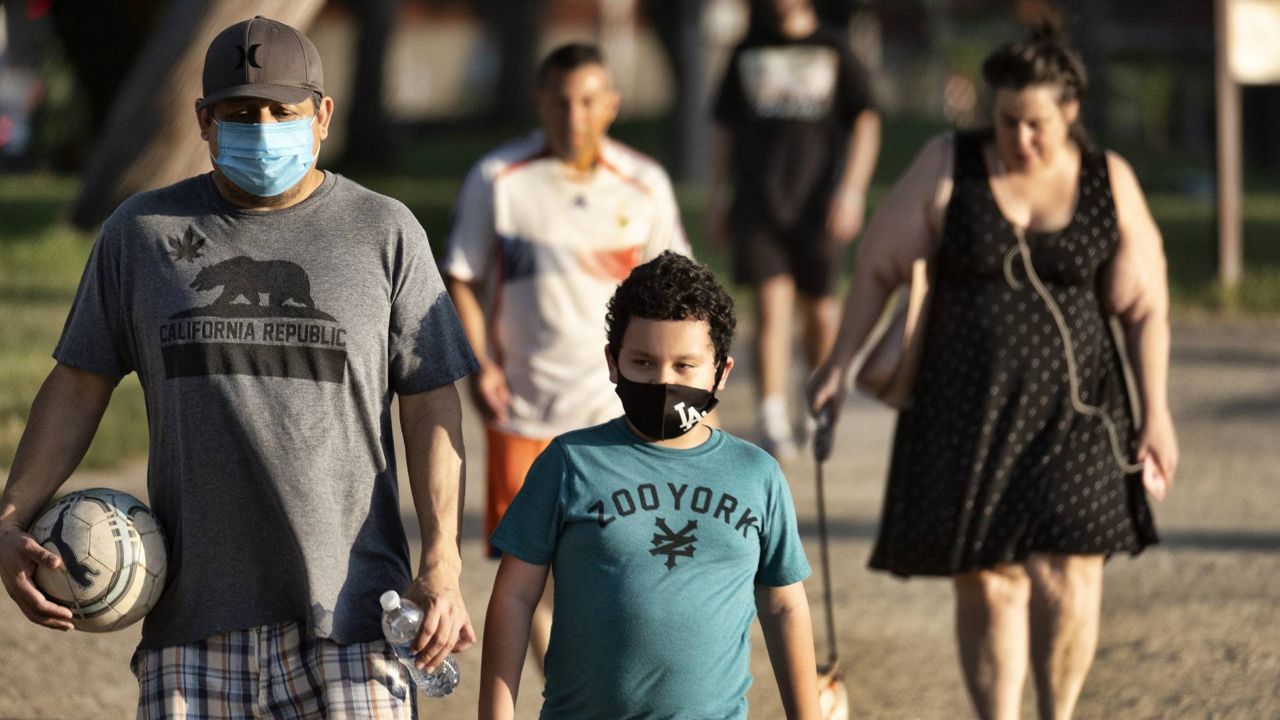LOS ANGELES (CNS) — The City Council voted Wednesday to use $30 million to provide childcare relief to low-incoming working families in Los Angeles during the COVID-19 pandemic.
What You Need To Know
- The council voted Wednesday to use $30 million to provide childcare relief to low-incoming working families in L.A.
- Roughly $10 million will go toward the Recreation and Parks Department to create 50 Alternative Learning Centers
- The remaining $20 million will help childcare facilities stay open and provide vouchers to working-poor families
- The council also approved $40 million for the regional COVID-19 relief and recovery fund to provide small business grants
Council President Nury Martinez, who co-authored the proposal with Councilman Curren Price, said the cornerstone of the effort is putting about $10 million toward the Recreation and Parks Department to create 50 Alternative Learning Centers for educational childcare at parks throughout Los Angeles.
"Securing affordable childcare is an enormous burden on low-income working moms during the best of times, but during this COVID-19 pandemic, we have utter desperation as mothers are forced to choose between work or staying home and not having enough money to pay their rent and feed their kids," Martinez said.
"We can offer a safe place for their children to be while they work and allow their children to do school work and other creative activities."
The remaining $20 million will help childcare facilities stay open and provide vouchers to working-poor families who need assistance, Martinez said.
The council also approved another $40 million for the regional COVID-19 relief and recovery fund to provide small business grants, including $4 million for micro-entrepreneurs, including street vendors, and another $4.9 million to assist domestic violence victims.
However, the council will also receive a report back on how to best equitably administer those grants, as some council members said they had concerns with the Economic and Workforce Development Department's metrics of using whole council districts to determine economically disadvantaged neighborhoods.
Councilman Paul Krekorian said his district covers several impoverished neighborhoods, but at the same time represents Studio City, which has a higher median income, and that could affect the method of funding.
The funding is being used from the federal CARES Act and is overseen by the Council's Ad-Hoc COVID-19 Recovery and Neighborhood Investment Committee, which Martinez chairs.



